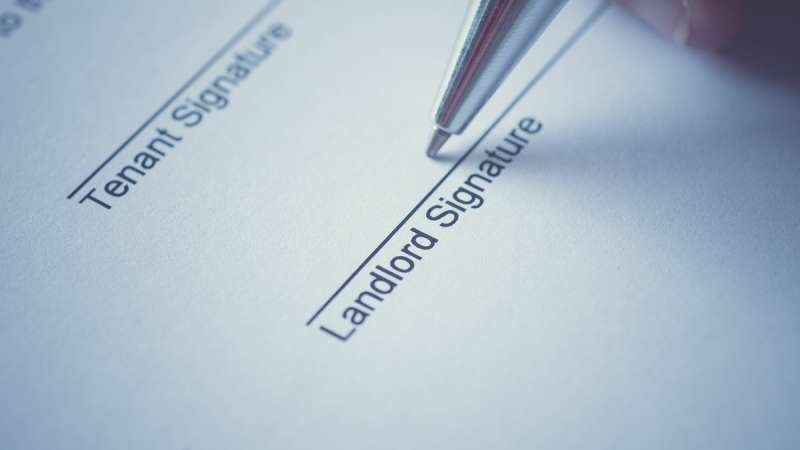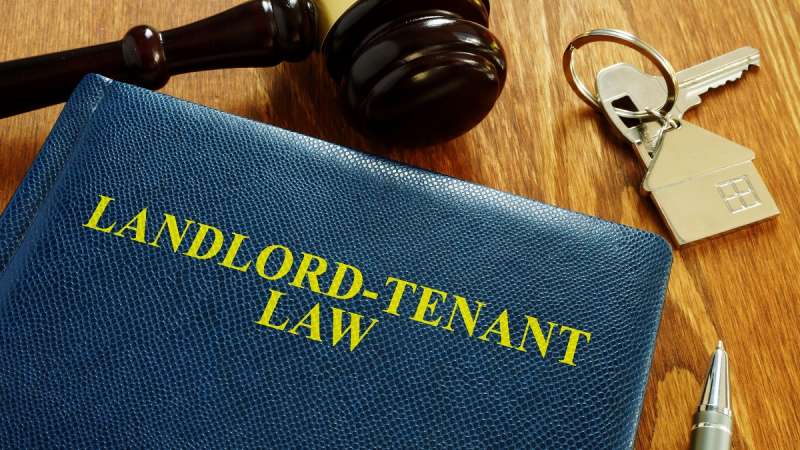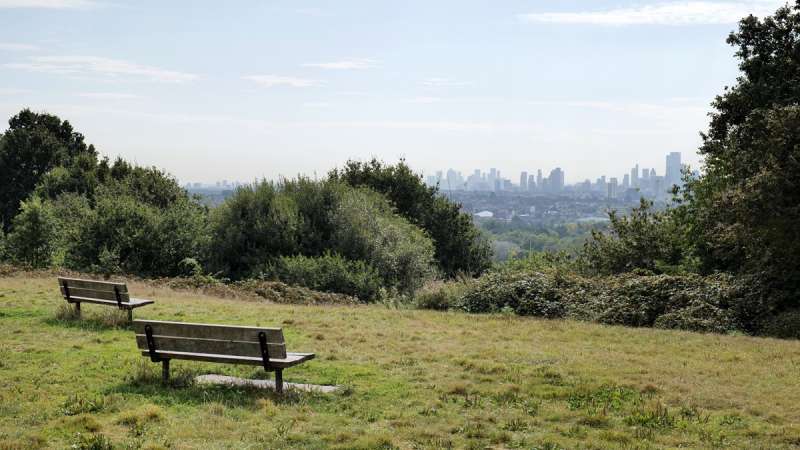
What is Adverse Possession?
Land: use it or lose it. That’s the basic premise behind the often controversial legal principle of adverse possession.
Adverse possession is colloquially known as “squatters rights” and is based on an ancient philosophy requiring owners of land to actually make productive use of it.
Historically, the value of land was derived from what it could produce rather than the actual land itself. Land is a finite resource after all.
Should an owner have not put his or her land to productive use, then this was held as some form of wrongdoing.
That principle often appears to fly in the face of our modern deeply held views about property ownership.
But land which is not maintained, and indeed the buildings upon it, can become a nuisance if neglected.
There can be a financial burden to the national and local government and neighbouring property owners from neglected land, and this is particularly true of land which has been left for long periods of time.
So, the principle holds that an absentee owner has infringed on the rights of others.
Adverse possession gives an opportunity for someone else to put the land to good use and therefore claim legal title to it after a defined period of time.
The original landowner retains the ability to eject any trespasser at any point until the time requirement has elapsed and can contest the application providing the Land Registry can identify the owner.










